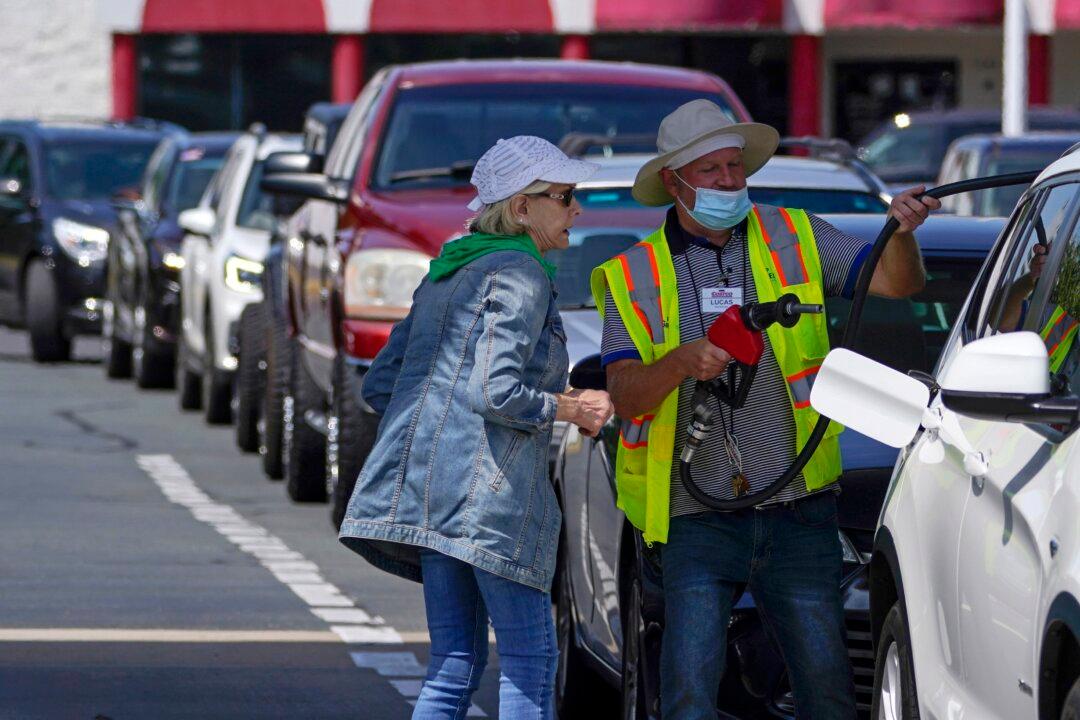WASHINGTON—Worldwide supply shortages have led to price increases for raw materials in recent months, boosting production costs for many businesses. Due to the “depth and breadth of supply chain disruptions,” economists expect consumer prices to continue to rise for some time.
The supply disruptions caused by the global pandemic and related economic lockdowns stand out for their severity and for their global spread, according to a recent report by the Institute of International Finance (IIF). Supplier delivery delays in the United States and Germany are as severe as Japan experienced in 2011 in the wake of the Fukushima nuclear disaster, the IIF economists said in the report.





